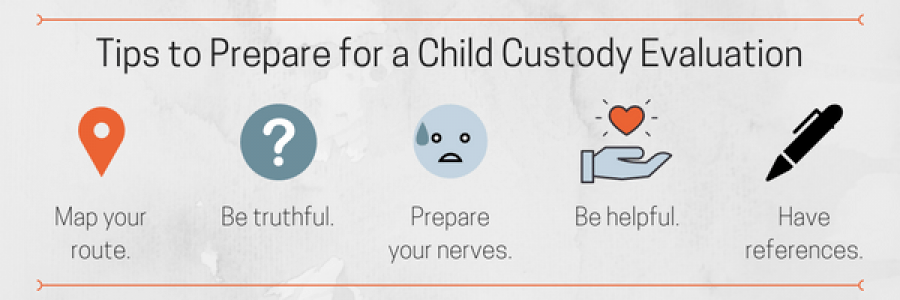In a prior article, we discussed the appointment and proper role of a guardian ad litem in a child custody dispute. This article focuses on the appointment and role of a psychological custody evaluator in a child custody action.
In determining custody of a child, a court must look to and determine solely what is for the best interest of the child, considering factors such as the “mental and physical health of each parent”, “any evidence of substance abuse by either parent”, and the “home environment of each parent considering the promotion of nurturance and safety of the child rather than superficial or material factors …”(1) To aid a court in making such a determination, Georgia law authorizes a judge “to order a psychological custody evaluation…”(2)
The Georgia Court of Appeals has summarized the trial judge’s power to order a custodial evaluation of either or both parents in a custody dispute as follows: "In attempting to reach a determination regarding the best interest of the child, the superior court has the power, in any proceeding where the issue of child custody is contested, to compel either or both parents to submit to examination and evaluation by a court-appointed clinical psychologist or psychiatrist. The mental health of the parents is an inherent and vital part of their overall 'state of health,' within the meaning of OCGA § 19-9-4(a), and can be a critical factor in determining the best interest of the child. Our state constitution provides that ‘[p]rotection to person and property is the paramount duty of government.’ ‘This constitutional right of protection extends equally to children as well as to adults’ and provides further basis for the discretionary power of the trial court to compel either or both parents, where the issue of custody is contested, to submit to psychological or psychiatric examination and evaluation when deemed necessary to a determination concerning the best interest of the child."(3)
When appointing a psychological custody evaluator to aid its determination of children’s best interests, a court typically will direct the professional to evaluate the entire family, including parents and children.(4)
In many if not most situations, a court will grant its appointed custody evaluator the right to obtain the family’s existing medical and psychological records. In a case of suspected substance abuse, a court also can order a parent to undergo a complete drug and alcohol assessment as part of the custody evaluation.(5)
The custodial evaluator will review the parties’ outside testing/records, perform such psychological tests as he/she deems appropriate, and issue a report a) describing the information reviewed, tests performed and results, and b) making recommendations on child custody and/or visitation based on the evaluation. The parties subsequently should have a right to depose the evaluator and to cross-examine the evaluator at a temporary or final hearing on the custody issues.
Although an appointing court remains free to reject a custody evaluator’s recommendations, the court’s predilection normally will slant in favor of a custody ruling consistent with the evaluator’s recommendations.
When appointing a custodial evaluator, a court will direct one or both parents to pay for the evaluator’s services in whatever proportion the court deems appropriate under the circumstances.(6)
(1) O.C.G.A. § 19-9-3(a)(3)(F), (I) and (Q).
(2) O.C.G.A. § 19-9-3(a)(7). See also Rowe v. Rowe, 195 Ga.App. 493, 393 S.E.2d 750 (1990).
(3) Rowe, supra, 195 Ga.App. at 496, 393 S.E.2d at 752-753 (citations omitted).
(4) See, e.g., Altman v. Altman, S17F0619 (Ga., May 15, 2017); Murphy v. Freeman, 337 Ga. App. 221, 787 S.E.2d 755 (2016); Hammonds v. Parks, 735 S.E.2d 801 (Ga. App. 2012); Trotter v. Ayres, 315 Ga. App. 7, 10, 726 S.E.2d 424, 427-428 (2012); and Rowe, supra, 195 Ga. App. 493.
(5) See, e.g., In re: G.S., 279 Ga. App. 89, 630 S.E.2d 607 (2006).
(6) See, e.g., Andersen v. Farrington, 731 S.E.2d 351 (Ga. App., 2012).
